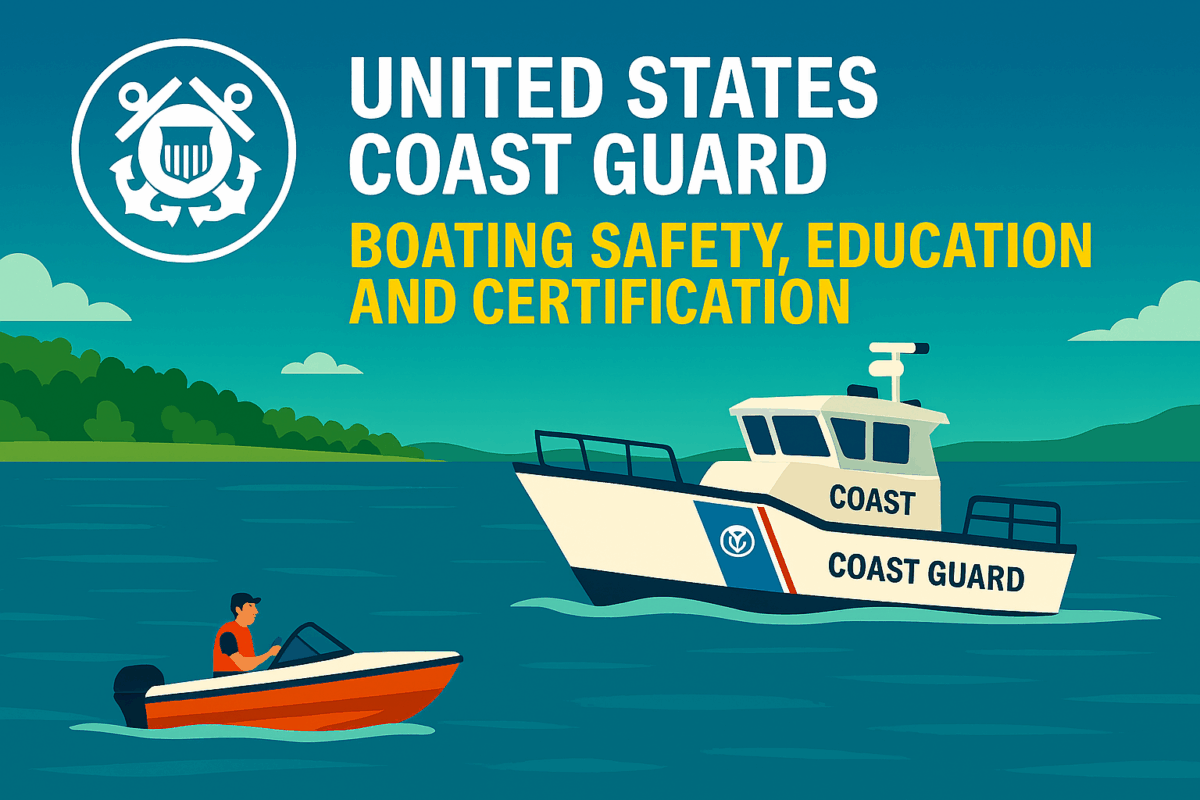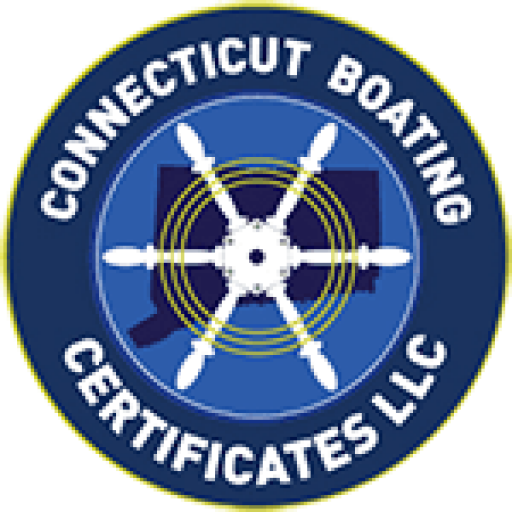Call: 1-800-832-7191

USCG Requirements for Recreational Boats
Know the USCG Requirements for Recreational Boats
USCG Requirements for Recreational Boats ensure safety, compliance, and environmental responsibility on U.S. waterways. These regulations apply to vessels used for leisure, including motorboats, sailboats, and personal watercraft. Because boating conditions vary, the Coast Guard sets clear standards for equipment, operation, and documentation.
Required Safety Equipment and Labels
All recreational boats must carry Coast Guard-approved life jackets for each person on board. Boats over 16 feet must also carry a throwable flotation device. Because emergencies happen quickly, accessible and properly sized life jackets are essential.
Fire extinguishers, sound-producing devices, and visual distress signals are also required. Additionally, boats must display a certification label stating compliance with Coast Guard safety standards. This label confirms that the vessel meets flotation and loading regulations.uscg
Operators should inspect safety gear regularly and replace expired items. Proper maintenance supports safe boating and regulatory compliance.
Operational and Structural Standards
USCG Requirements for Recreational Boats include rules for safe loading, flotation, and engine cut-off switches. Boats built after June 1, 2018, must meet updated flotation standards based on engine weight. These changes improve stability and reduce the risk of capsizing.uscg
Engine cut-off switches are mandatory for certain vessels. These devices stop the engine if the operator falls overboard. Because propeller injuries are preventable, using this safety feature is critical.
Boats must also meet navigation light and ventilation standards. These features support visibility and reduce fire hazards. Following these rules helps protect passengers and nearby vessels.
Education and Compliance Resources regarding the USCG Requirements for Recreational Boats
Boaters can learn about USCG Requirements for Recreational Boats through safety courses and official publications. The Coast Guard recommends taking a skills-based education course before operating any vessel. Because most accidents involve untrained operators, education improves safety and confidence.
Free vessel safety checks are available through the Coast Guard Auxiliary. These inspections help boaters identify issues before they become problems. Additionally, the Boater’s Guide to Federal Requirements outlines all necessary equipment and procedures.
Digital resources and printable checklists make compliance easier. Reviewing these tools before each trip ensures readiness and peace of mind.
